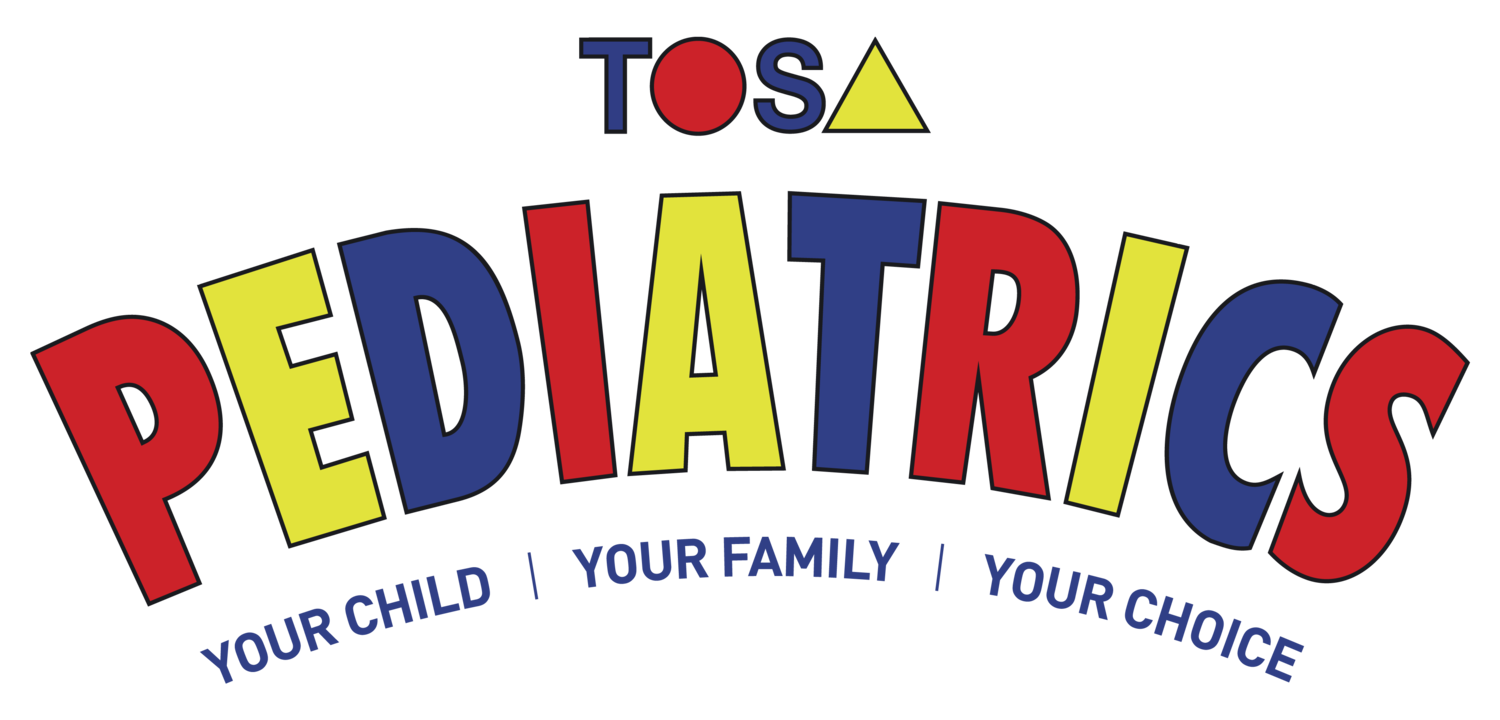Fueling Your Adolescent and Teen Athlete
With school and fall sports in full swing, proper nutrition “fuel” needs should be a regular component for practice and competition days. Athletes must consume enough calories to fuel growth and exercise, just as a car needs fuel to run properly. Meal and snack planning takes extra time and is often pushed to the side with our hectic family schedules. However, some of benefits to planning snacks and balanced meals include injury prevention, strengthen the immune system, decrease muscle soreness, muscle recovery and healing, and improved focus and energy levels.
Sport recovery snack choices for young athletes are already foods that they enjoy and are familiar with. Choosing a snack that has a combination of carbohydrates and protein (complete snack) will help prevent sore muscles and be ready for their game or practice. Carbohydrates (glucose) are released in the working muscle up to 3 times faster than energy from fat sources. Carbohydrates are the most effective fuel for athletic performance These kinds of snacks will also help refuel and rehydrate the body after activity.
Examples of complete snacks:
Granola bar with nuts, grains, and dried fruit
Crackers and peanut butter (any nut butter)
Applesauce pouch/fruit and nuts
Yogurt and granola
Cheese stick with pretzels/goldfish crackers
Half a turkey or peanut butter sandwich
Trail mix with nuts, dried fruit, and popcorn.
General Guideline for Meal and Snacks for Athletes:
4-5 hours before event: Heavy meal containing 50-60 grams of carbohydrate, moderate protein, and fat. Example: Baked chicken, potatoes, fruit, bread, and fluids.
2-4 hours before event: Light meal containing 30-40 grams of carbohydrate, moderate protein, and small amount of fat. Example: Turkey sandwich, pretzels, fruit, and fluids (12-22 ounces).
½-1 hour before event: Snack: Small snack containing 15-30 grams of carbohydrate, and limited fat. Example: Pretzels and fluids (10-20 ounces)
Within 4 hours after the event: Sports drink (16-24 ounces) or snack and generous amount of carbohydrate.
Water is all that athletes need to consume for activities lasting less than 60 minutes. Events lasting longer than 60 minutes, a sport beverage is helpful to replace electrolytes.
The Truth About Supplements:
Protein supplements claim to increase muscle mass, speed, and recovery. These claims lack scientific evidence, are unreliable, and may pose considerable health risk for younger athletes. According to the American Academy of Pediatrics, the use of performance-enhancing substances is highly discouraged in teen athletes.
Reference: Academy of Nutrition and Dietetics.
Jennifer Melcher, MS, RD, CD


